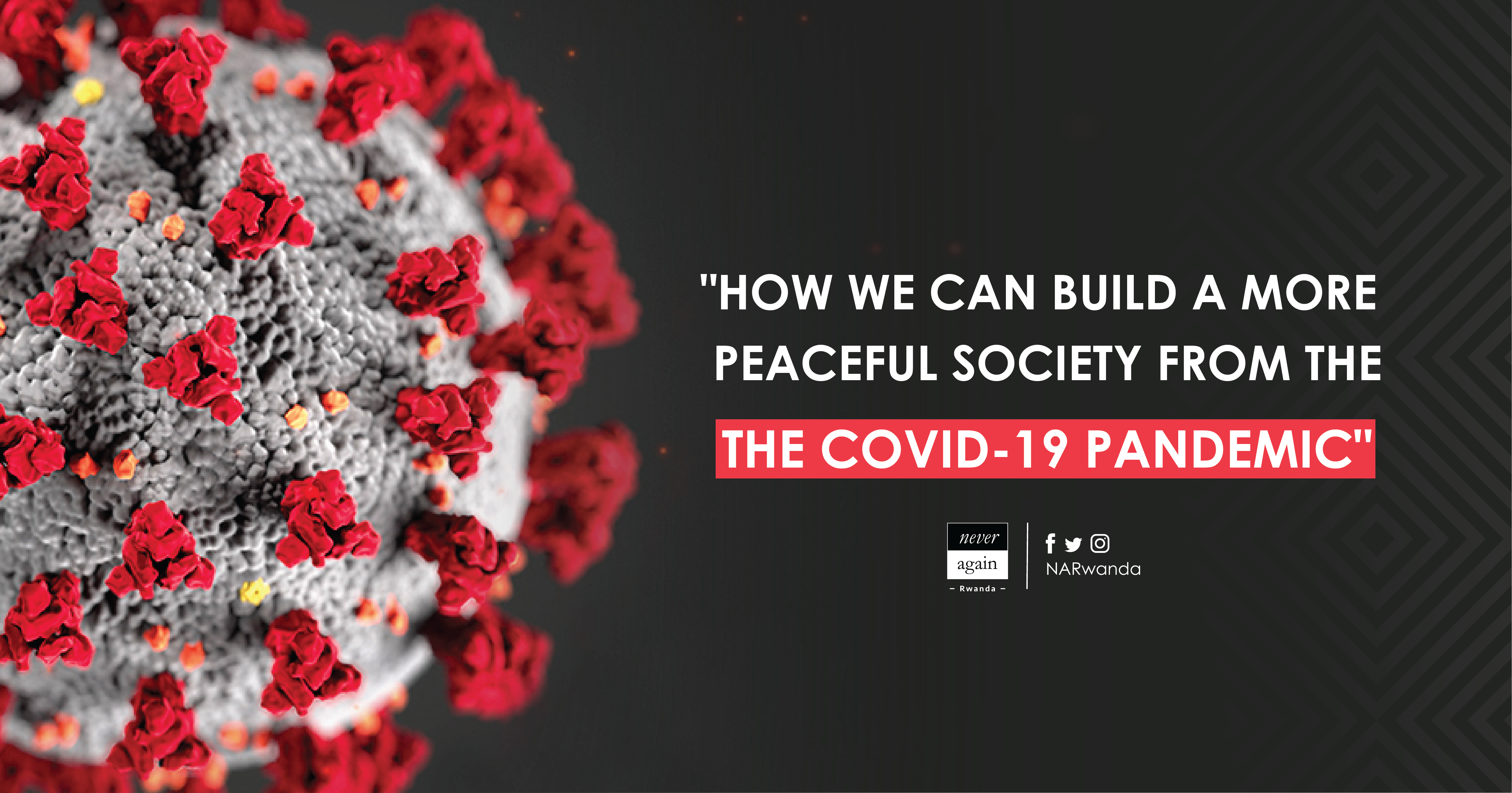The global outbreak of the COVID-19 pandemic has the potential to trigger widespread unrest and conflict, as the virus has disrupted people’s normal lives, hindered humanitarian aid flow, and limited peace operations. The pandemic has impelled us to re-examine the way we work, which is why as a peacebuilding organization, it is critical that we seize the opportunity to find alternative means to engage with our partners and meet our commitment to empowering our community for sustainable peace and development.
It might seem non-urgent to consider some of the opportunities emerging from the coronavirus to build a more peaceful society, but it is absolutely necessary if we want to avoid future breakdown in peace processes. Facilitating local communities and individuals to develop practical and concrete actions that can strengthen peace during this time by enhancing the attitudes, institutions and structures at the sub-national and community level will ensure positive peace, and enable us to address other complex challenges we are facing beyond COVID-19.
If one thing is certain at the moment, it’s that the novel coronavirus has synchronized global efforts and created greater global solidarity, with countries sharing information, equipment and personnel to combat the virus. Post-pandemic, we can begin building a more peaceful society by consolidating efforts through multilateral cooperation between governments, as well as various organizations and agencies, to create longstanding solutions, which reduce emergency response times and provide more efficient relief, in order to avoid future breakdown of peace processes in times of crisis.
Additionally, we can build a more peaceful society from the COVID-19 pandemic by turning the crisis into an impetus to achieve the Sustainable Development Goals (SDGs), specifically SDG 16 which addresses finding ways to make sure we all live in a peaceful society. This has begun unfolding by the appeal made by the United Nations Secretary General, Antonio Guterres, for an immediate global ceasefire in all corners of the world. However, an emerging challenge to this is that alarmist press reports and social media posts are circulating, leaving people confused and prone to panic.
To address this challenge, we can take advantage of social distancing by using digital platforms to denounce misinformation and instead spread messages of hope, peace and the importance of tolerance and unity in times like these. Government and civil society actors should take responsibility for disseminating correct information and positive messages in a timely manner. We can further use digital platforms as an avenue to build a more peaceful society by sharing experiences and recommendations on what to expect after the pandemic so that we can discern how to engage everyone in society to best prepare for the aftermath.
Among the anticipated effects of the COVID-19 is the possible marginalization and dehumanization of those who suffered from the virus. Marginalization is often evident in the pre-conflict stages in many contexts including Rwanda’s, and therefore ensuring that sufferers of the coronavirus are not marginalized by the rest of the community is essential in preventing the arising of conflict. Safeguarding the victims affected by this disease from exclusion once they have healed from the virus will require the demystification of who is at risk, and how the virus is transmitted, in order to end narratives that only particular groups of people (specific ages, races, etc.) can be affected and reduce the likelihood of the marginalization escalating to violence. This once again can be done through the dispersion of factual information on social media.
According to a study conducted by Never Again Rwanda, under the Societal Healing and Participatory Governance program, marginalization can lead to psychological wounds, which emphasizes the need to prepare for the aftermath of COVID-19 with this in mind. Giving youth and other community members a space to unveil the challenges they are facing due to the pandemic will also pose an opportunity to sensitize them to various peacebuilding strategies they can use to address these challenges, deconstruct stereotypes around the virus, and fight against any injustice or social exclusion that may occur in their communities as a result.
It is often said that tragedies can be the wellspring of opportunities and innovation. We are optimistic that multinational agencies, governments and organizations leverage on the COVID-19 crisis to develop effective responses to future emergencies, and not at an expensive fallout across peacebuilding activities and efforts.


